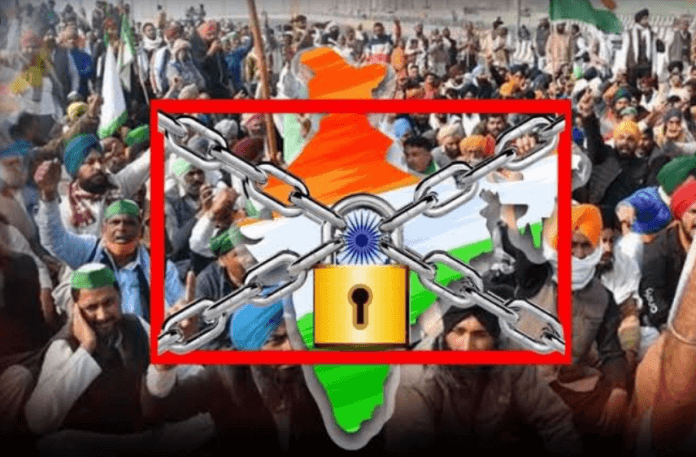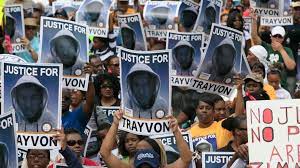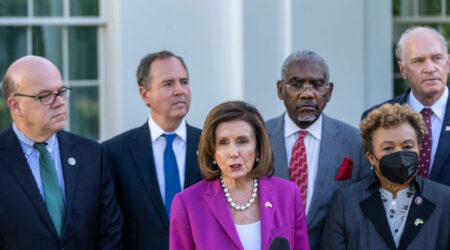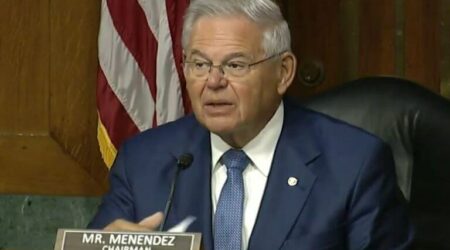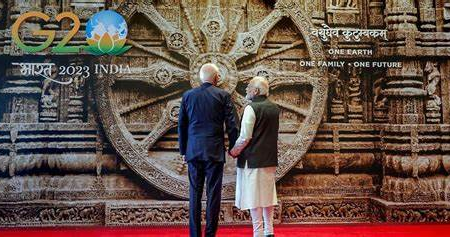By Neera Kuckreja Sohoni
Anniversaries are celebrations to be welcomed. But sometimes they are organized, regardless of the nobility, justifiability or historic significance of the event, person, or of the cause being celebrated.
On 27 September morning, at 6 a.m. farmers in India commenced “Bharat Bandh” which lasted till 4 p.m. The protest marks one year since the farmers’ movement started to protest against the three contentious farm laws passed by the Modi government.
Heading the protest, the Sanyukta Kisan Morcha (SKM) called for complete closure of public and private entities including educational institutions, industries and commercial establishments. Thankfully, exceptions were made for emergency and essential services such as hospitals, medical stores, relief and rescue workers.
The bandh was fully supported by the Central Trade Unions (CTUs) who jointly with SKM called for it to be carried out nationally, peacefully, and voluntarily. The Unions joined the protest as they are equally unhappy with and opposed to the legislation and reform initiatives contemplated or being implemented by the present government.
Bandhs call for total lockdowns bringing an economy and society to a standstill. From Delhi to Haryana and Punjab, national and state highways, link roads and railway tracks were blocked as part of the protest, bringing road and rail traffic to a halt and suspending all traffic in goods and services.
As law and order are the first to break down during a strike – when tempers are quick to rise and situations explode – police forces in the affected states were put on alert to forestall and tackle any violent eruptions. Luckily, the protests mostly remained peaceful and restrained, but disruptions caused enough inconvenience to put a dent in average citizens’ (aam aadmi) support for the protest.
Pro-bandh media channels and guest panelists partial to the use of bandhs continue to advocate for lockdowns as a legitimate right of people to protest in a democracy. Aggrieved people must be able and permitted to air their grievances, they say, and the government’s highhandedness in preempting, preventing, punishing or crushing publicly expressed dissent is a blow to core democratic tenets. Anti-bandh media and critics frown upon the bandh as a vicious sabotage of the nation’s functioning, executed at high cost to the national economy and people’s livelihood.
Farmers’ objections against the trio of statutes enacted earlier are well known as is the central government’s resistance to their withdrawal. Both the farmers and labor groups are dead set against what they deem are “the anti-people” reform measures initiated by the government. In addition to the highly resented farm laws that seek to alter traditional procurement and distribution mechanisms, objectionable measures include general sales tax imposition on tractors, seeds, pesticides and farm equipment leading to lower earnings and increased debt load for farmers, and tougher labor codes, Asset Monetization Pipeline, and the move to sell 100 profit making PSUs (Public Service Undertakings), all of which are feared to work against the interest of labor.
Trade Unions rightly suspect that workers will lose jobs while the government will not step up to provide adequate social security coverage. Privatization of PSUs, they contend, will only transfer wealth and well-run profitable ventures to already rich private entities. As the CTUs statement noted, “it does not require deep economic knowledge to know that the Government can fill its coffers by taxing the rich and super-rich in India. But the Government refuses to tax their friends, rather their masters–the rich and the super-rich”.
The support for the bandh, however, goes well beyond farmers and workers. It suits and directly reinforces the agenda of opposition parties which are seeking to erode the support for the ruling party. The SKM and the CTUs both publicly claimed that the Bandh has received support from all Opposition parties including the Congress, Jharkhand Mukti Morcha, Telugu Desam Party, DMK, RJD, NCP, Samajwadi Party, Trinamool Congress, and the Left parties.
Starting with the newly appointed Chief Minister of Punjab, Opposition party leaders heartily endorsed, even hailed, the bandh. ‘I stand with farmers’, Rahul Gandhi of Congress proudly stated, while Amarjeet Kaur of the CPI boldly asserted, “Bharat Bandh on September 27 is the start of Mission Defeat BJP.”
Whether the bandh even when successfully carried out will lead to consensus or achieve positive outcomes is a losing bet. What is assured is the obduracy of the Modi government and as critics point out, its refusal to engage with struggling protesting farmers and workers. Opposing parties are equally determined in their own self-interest to keep the protest fires burning.
In the unending tussle for power between political parties, farmers and workers are destined to continue as collateral damage.



